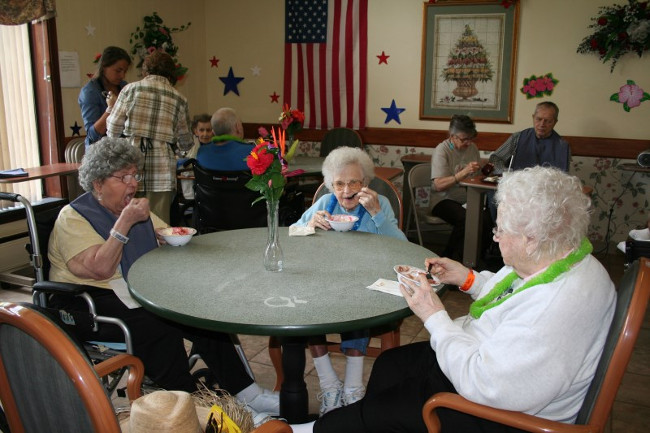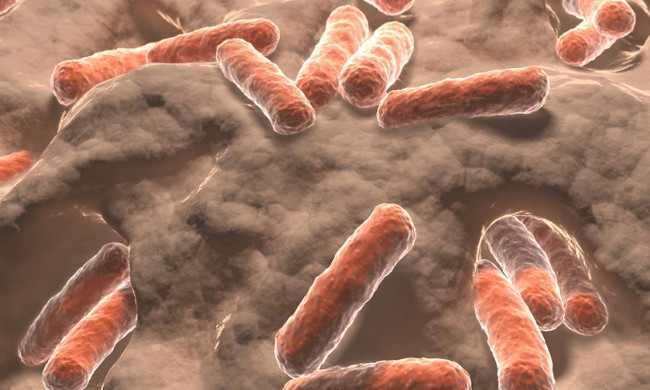Drug-resistant bacteria greatly affect people living in nursing homes
A new study shows that 27% of nursing home residents are tested positive for gram-negative bacteria , also known as MDR-GNR (multidrug-resistant TB bacteria).
Researchers at Columbia University School of Nursing found that a significant proportion of nursing home residents are living in a contagious bacterial-resistant environment.
According to the Centers for Disease Control and Prevention (CDC), the gram-negative rate, also known as MDR-GNR, is increasing in nursing homes and medical facilities and it can directly cause serious infectious disease.

Analysis of 12 studies showed that the prevalence of MDR-GNB infection as well as E. coli among nursing home residents ranged from 11.2% -59.1%, the average rate is about 27%.
In addition, the researchers found that 9 of 12 studies identified specific factors associated with increased risk of survival and infection of MDR-GNB including high age, gender, and calendar. hospital admissions, infectious diseases, recurring diseases, chronic diseases especially when they come in contact with many unsafe infection prevention health workers, in medical devices .
The manifestation of MDR-GNB infection is intellectual dysfunction, physical function, severe sepsis and is difficult to return to a nursing home to live in. anti-spread.
These factors make nursing home residents increase their risk of infections , especially from those who had previously received acute care in hospitals before going to nursing homes.

Sainfer Allyu of Columbia School of Nursing said: "Determining which patients are most at risk of MDR-GNB infection will allow infectious prevention houses to adjust efforts and prevent Future infections: Our findings suggest that there will be a lot of work to be done to prevent infections in nursing homes and, more specifically, to strengthen measures with Elderly patients are at risk of MDR-GNB infection " .
This study has just been published in the US Journal of Infection Control.
You should read it
- ★ Warning: Detecting new bacteria resistant to antibiotics to treat kidney disease
- ★ Multiple sclerosis drugs can combat antibiotic resistant bacteria
- ★ Komodo dragon blood helps fight antibiotic resistant bacteria
- ★ Using AI to develop super strong antibiotics that can kill antibiotic-resistant bacteria
- ★ What other viruses are bacteria? Why antibiotics cannot treat viral illness?